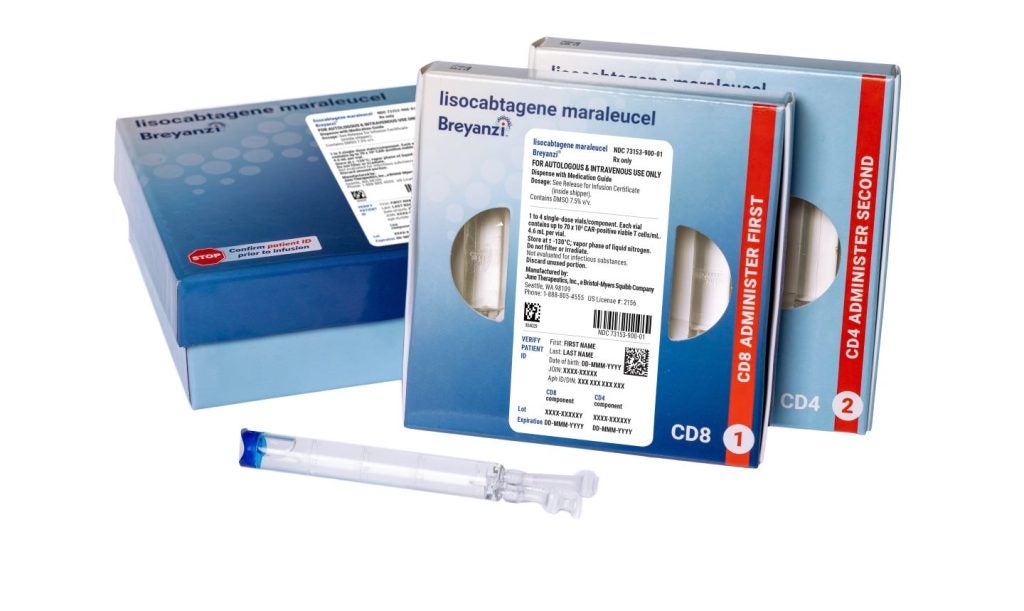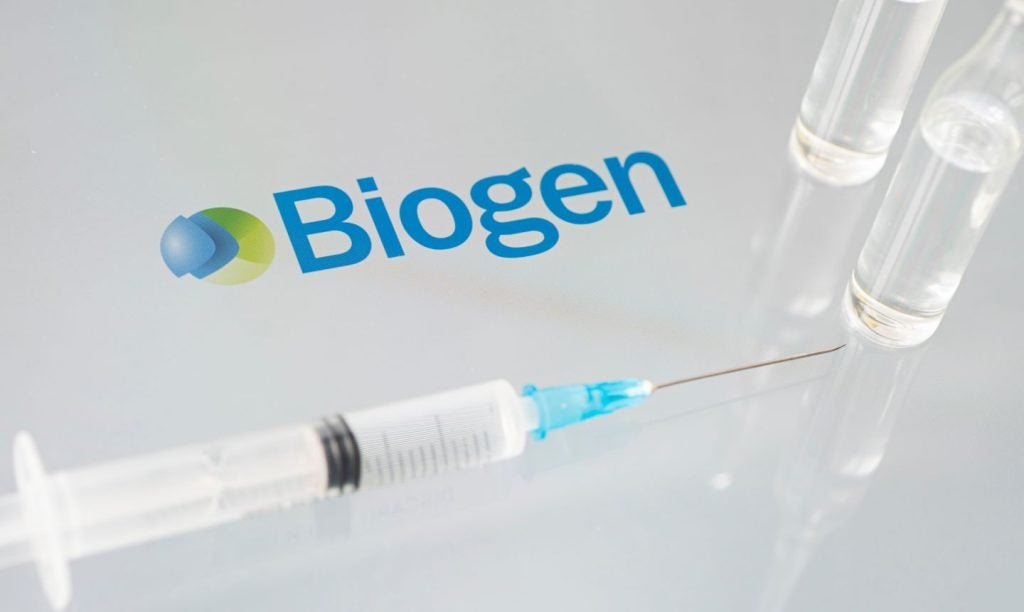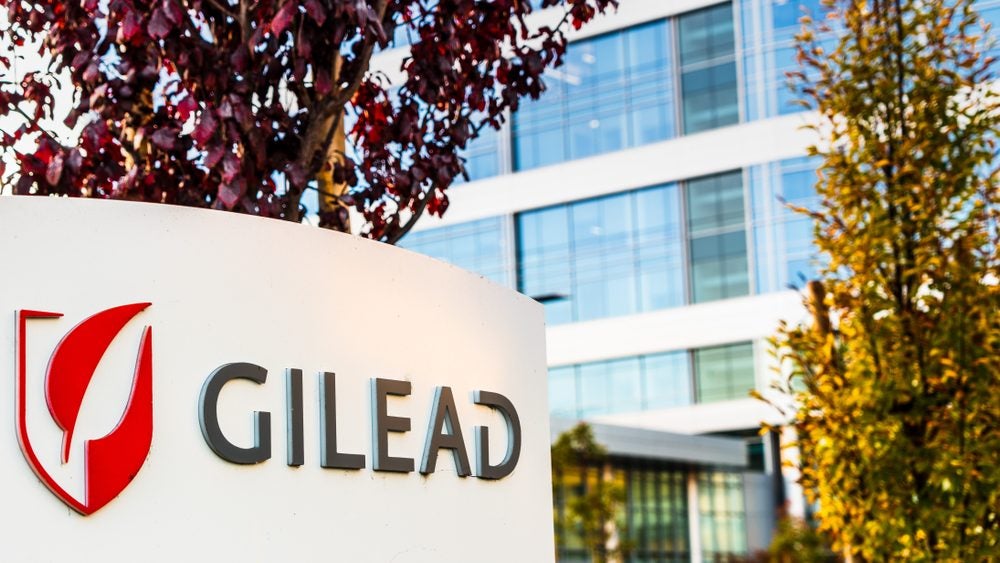
The US Food and Drug Administration (FDA) has granted a regenerative medicine advanced therapy (RMAT) designation for BlueRock Therapeutics' investigational cell therapy bemdaneprocel (BRT-DA01) for Parkinson's disease.
BlueRock is a wholly owned independently operated Bayer subsidiary.
Bemdaneprocel is claimed to be the most clinically advanced cell therapy for Parkinson's disease treatment in the US.
The therapy is created to replace the dopamine-producing neurons lost in the course of the disease.
It was assessed in the multi-site, multicentre, non-randomised, open-label, non-controlled study.
The trial involved 12 subjects diagnosed with Parkinson's disease who underwent surgical transplantation of bemdaneprocel cells into the post-commissural putamen bilaterally, followed by a one-year immunosuppression regimen.
Data from the trial, announced in March 2024, indicated that bemdaneprocel was well tolerated and did not present major safety issues up to 18 months post-treatment.
Furthermore, an increase in the F-DOPA PET imaging signal was observed after the cessation of immune suppression therapy at 12 months, suggesting that the transplanted cells survive and engraft in the brain.
The RMAT designation is managed by the FDA's Center for Biologics, Evaluation and Research (CBER). It is specifically for investigational regenerative therapies, including cell therapies, aimed at treating, modifying, reversing or curing serious ailments.
Therapies granted RMAT status can benefit from expedited development review and development planning guidance from senior CBER managers.
This status also facilitates early discussions about possible surrogate endpoints and strategies to support accelerated approval and satisfy post-approval needs.
BlueRock Therapeutics president and CEO Seth Ettenberg stated: “We are excited about the positive data from the bemdaneprocel Phase I clinical trial and believe it has great potential to help patients living with Parkinson’s disease regain functions they have lost to the disease.
“Now with this RMAT designation in hand, we look forward to closely collaborating with the FDA to ready this programme for Phase II clinical studies.”















